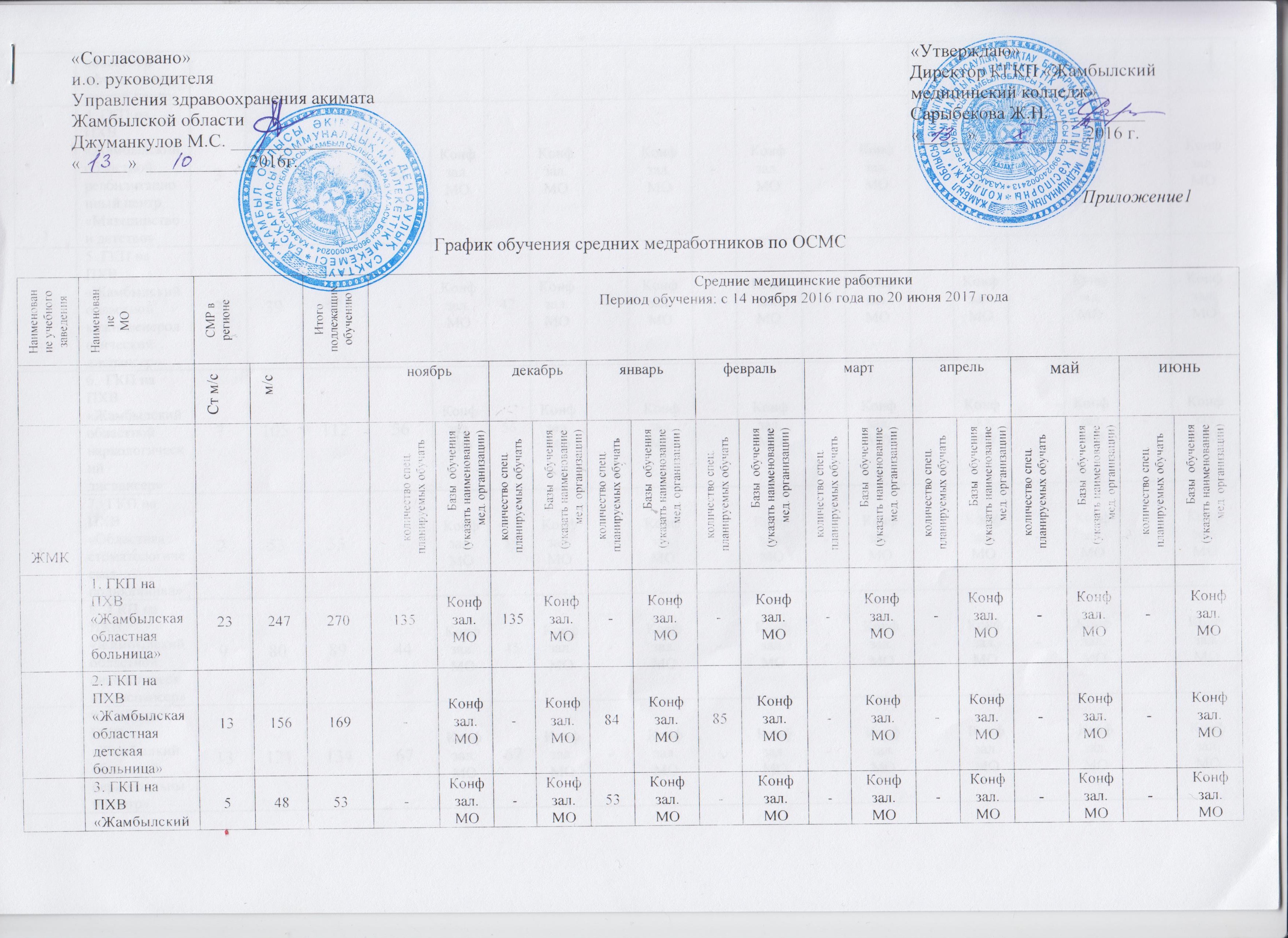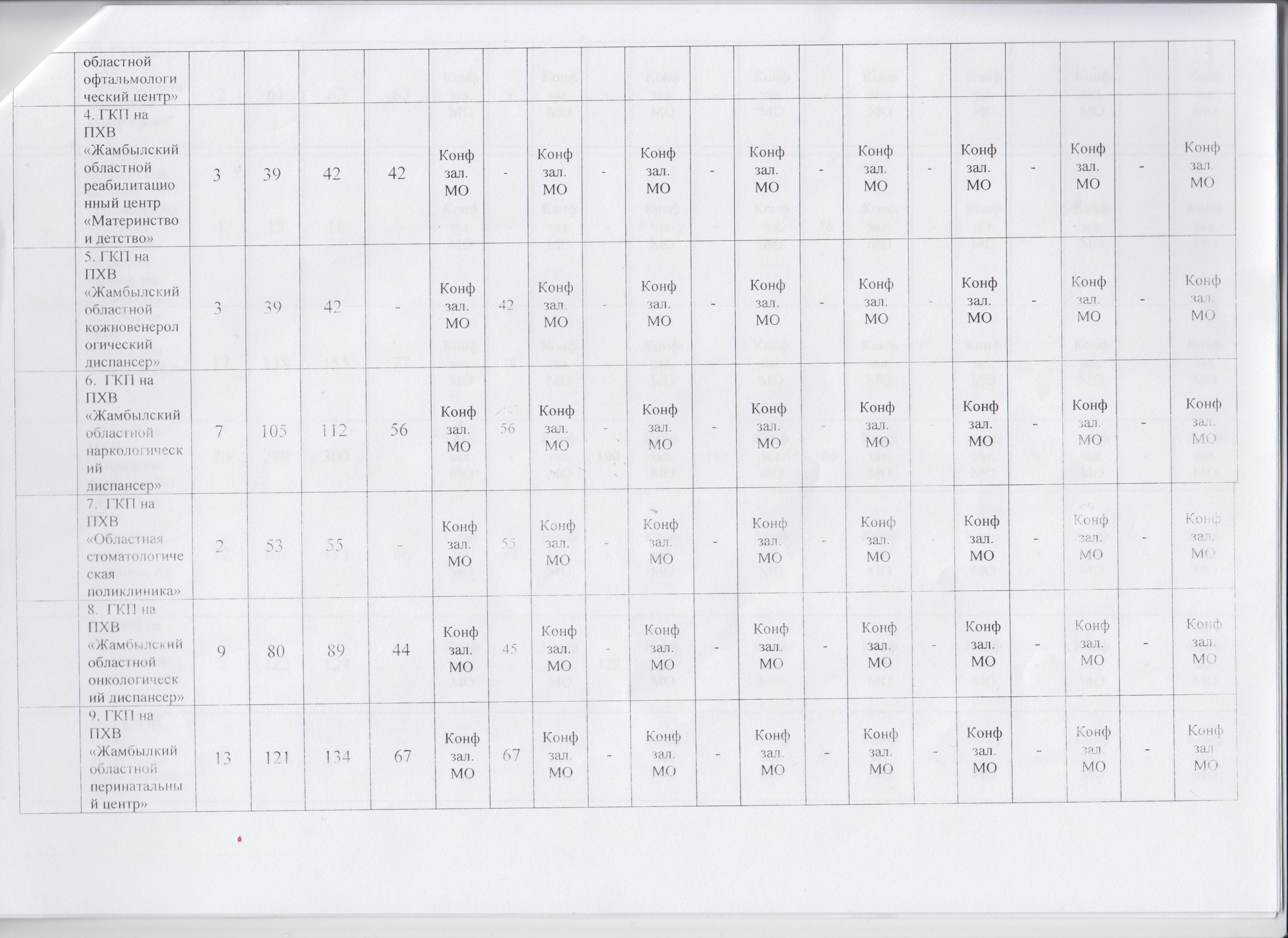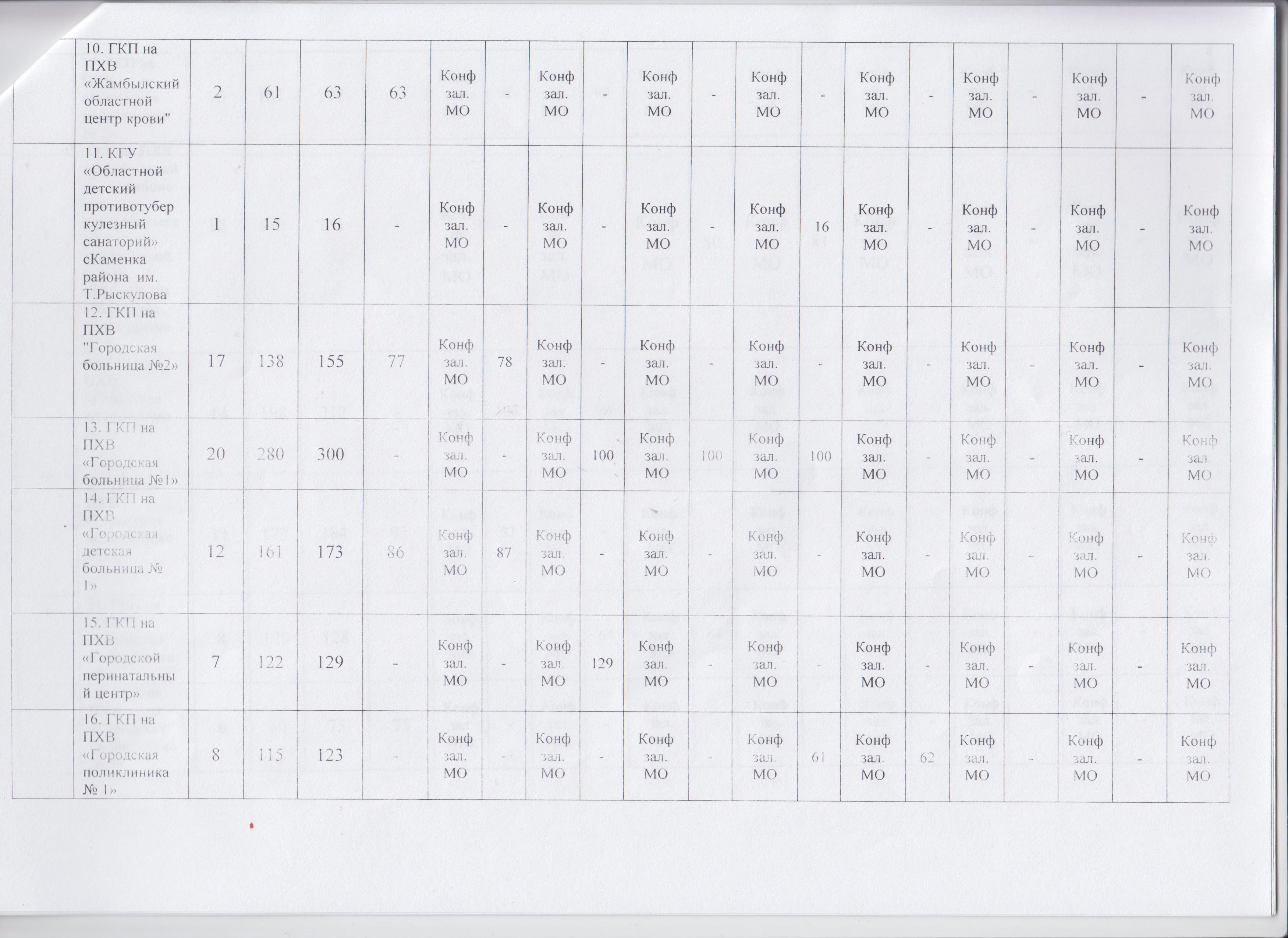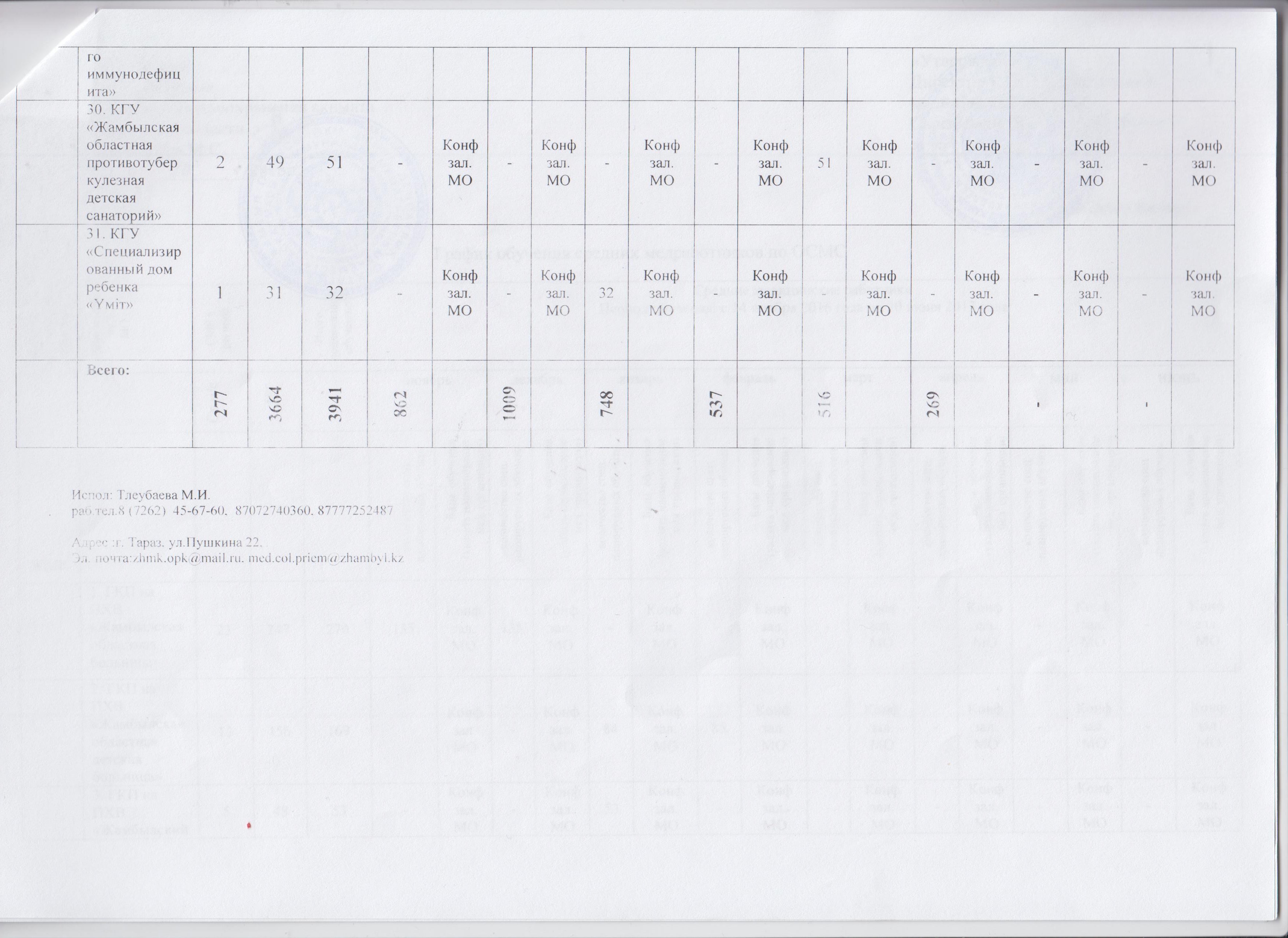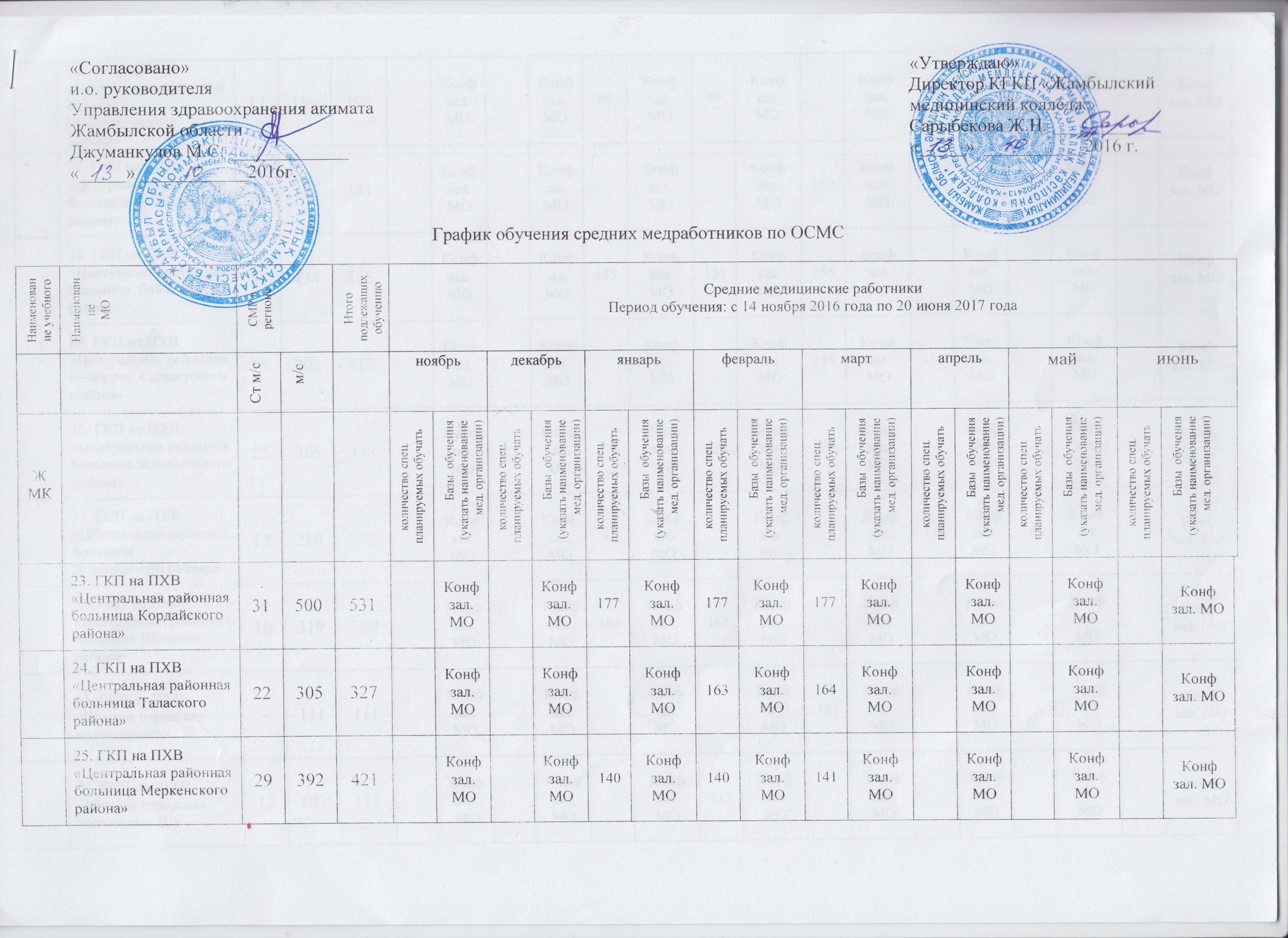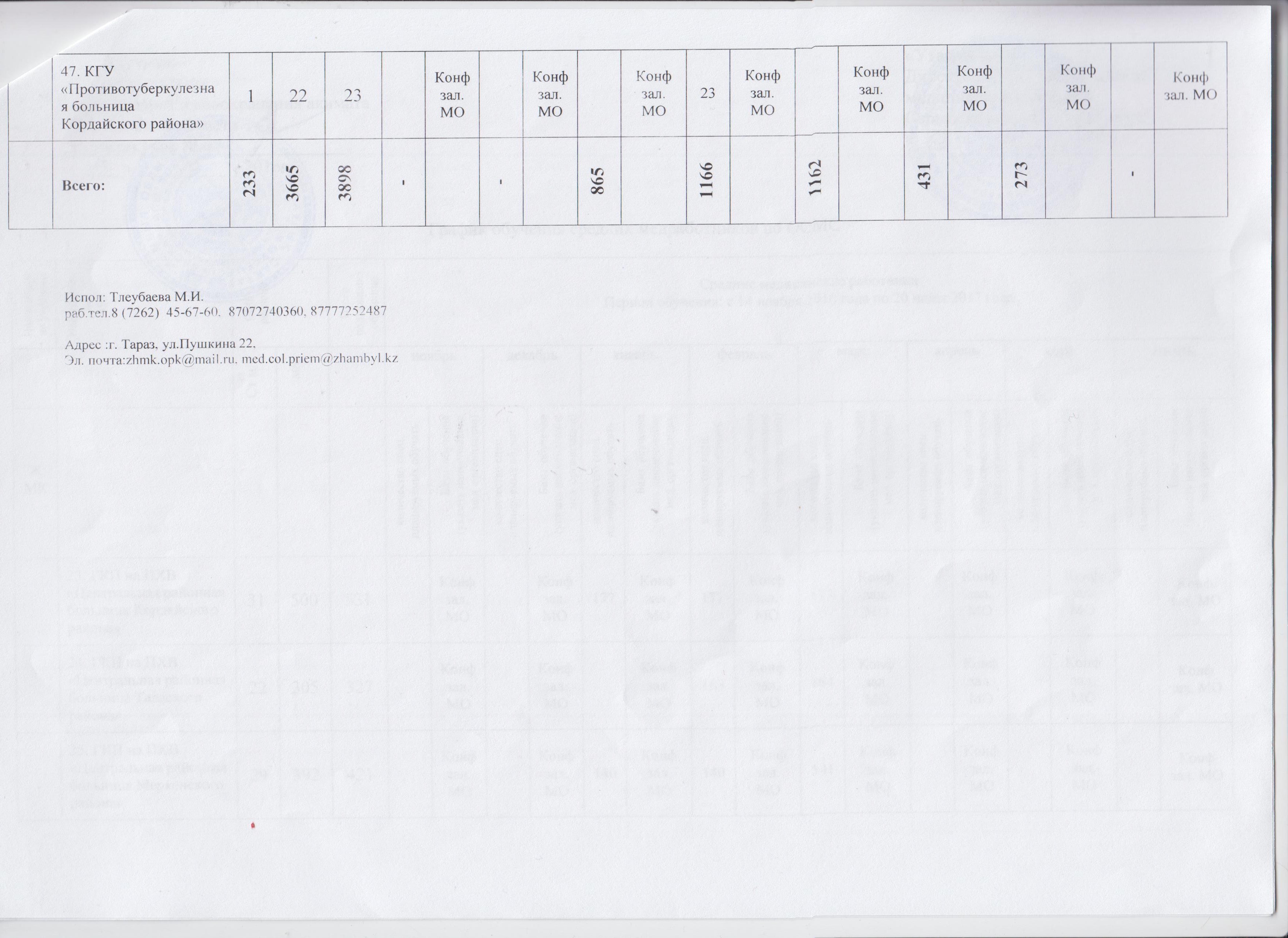The system of compulsory social health insurance (CSHI) is a state system of social protection of interests in the field of public health protection.
CSHI ensures that system participants receive timely, affordable, high-quality medical and drug care.
The world is undergoing changes related to the growth of non-communicable diseases, the introduction of new medical technologies and the increase in the elderly population, which lead to an increase in health care costs.
In international practice, the introduction of CSHI meets the above challenges and ensures the financial stability of the health system.
The existing healthcare system in Kazakhstan should be ready for such challenges and respond to changes in a timely manner.
Most of the OECD countries have chosen the OSMS, which allows funds to be redistributed from the less needy to the more needy.
This approach requires the allocation of responsibility between the state, the employer:
- outpatient care;
- inpatient care;
- inpatient replacement care;
- high-tech medical services.
It is assumed that the population will be provided with medicines when providing outpatient, inpatient and inpatient replacement care.
According to the law “on CSHI”, they are exempt from paying contributions to the Fund:
- children;
- mothers with many children;
- participants and invalids of the second world war;
- invalids;
- persons registered as unemployed;
- persons studying and being brought up in residential organizations;
- persons enrolled in full-time education;
- persons who are on leave in connection with the birth, adoption of a child;
- non-working pregnant women, as well as non-working persons who actually raise a child before the age of three years;
- pensioners;
- military;
- employees of special state bodies;
- law enforcement official;
- persons serving a sentence under a court sentence in institutions of the criminal Executive system;
- persons held in temporary detention centers and pre-trial detention centers.
According to the bill, citizens will be provided with 2 types of medical packages:
The first-the basic package is a state-guaranteed amount of medical care, funded from the national budget. This package will be available to all citizens of Kazakhstan. It includes: ambulance and air ambulance, medical care for socially significant diseases and in emergency cases, preventive vaccinations.
The second is an insurance package provided from the newly created health insurance Fund. It includes: outpatient care, inpatient care (with the exception of socially significant diseases), inpatient replacement care (with the exception of socially significant diseases), restorative treatment and medical rehabilitation, palliative care and nursing care, and high-tech care.
Based on the letter of the Ministry of health and social development of the Republic of Kazakhstan No. 06-1-23 / 5828-4 dated September 05, 2016, two teachers of Zhambyl medical College participated in a seminar on “Introduction of mandatory social health insurance”, which was held in Astana on September 28, 2016 and prepared 50 teachers of the College to conduct explanatory work in medical organizations.
Teachers-trainers conducted explanatory work among secondary medical workers of the Zhambyl region and the city of Taraz. From November 2016 to June 2017, 7871 secondary health workers took part in a training seminar on “Introduction of compulsory social health insurance” and received information about the compulsory health insurance system.
Compulsory social health insurance
